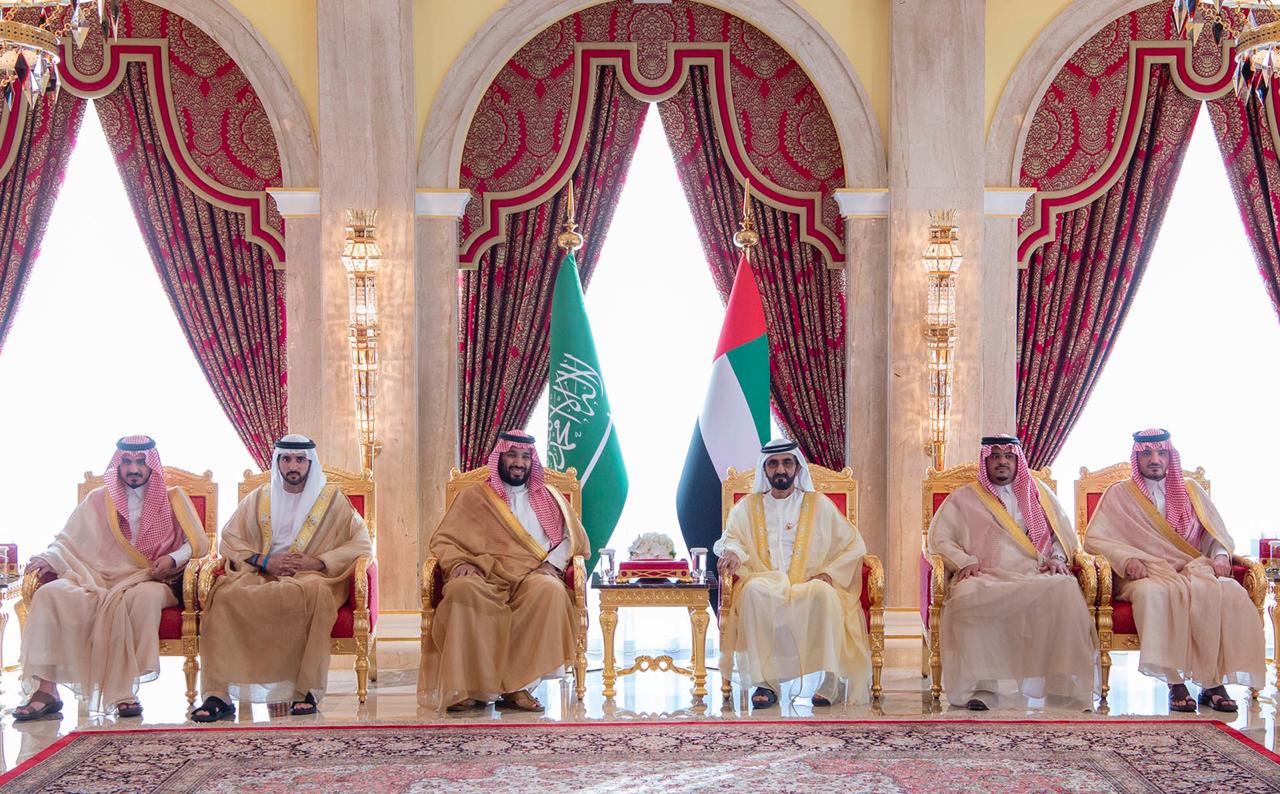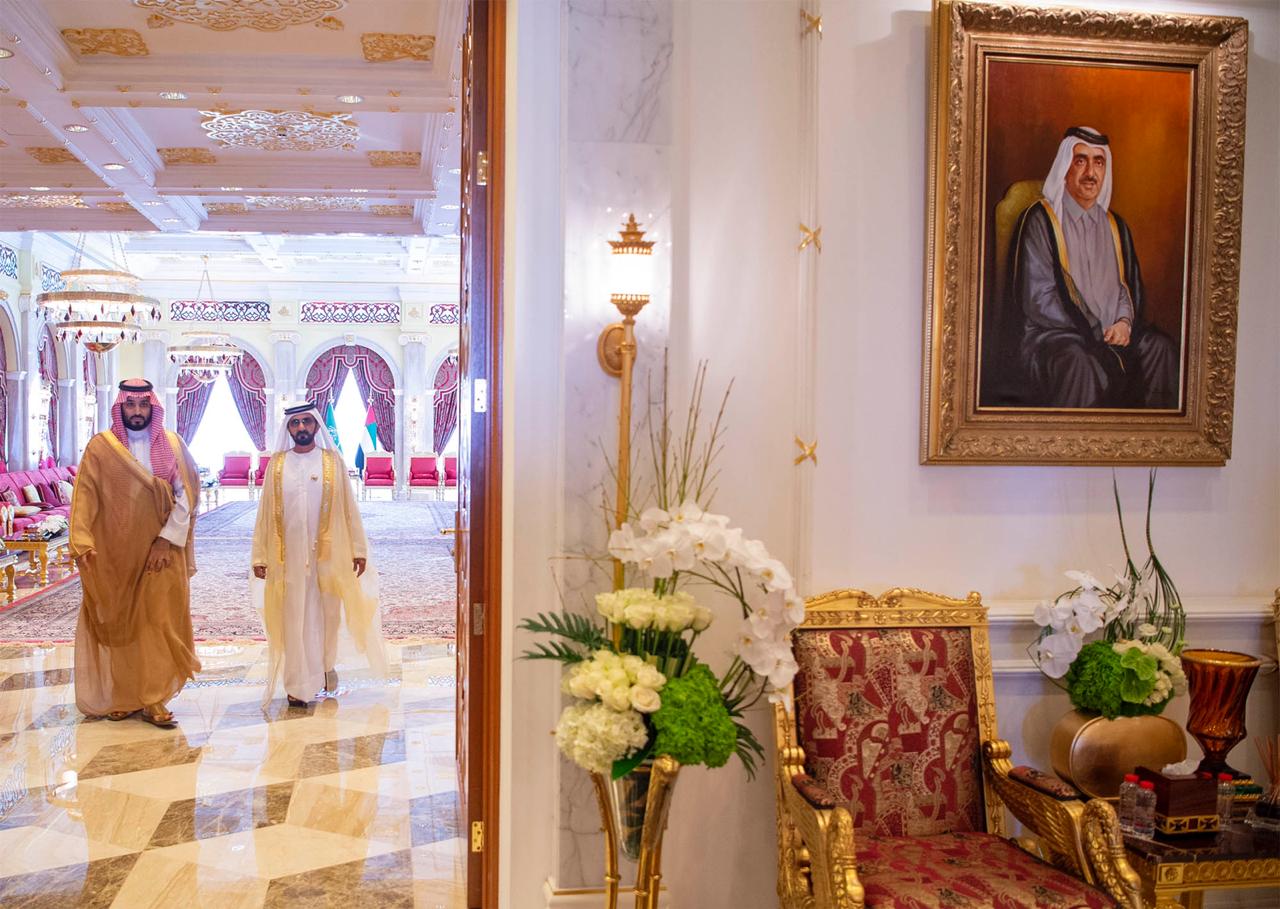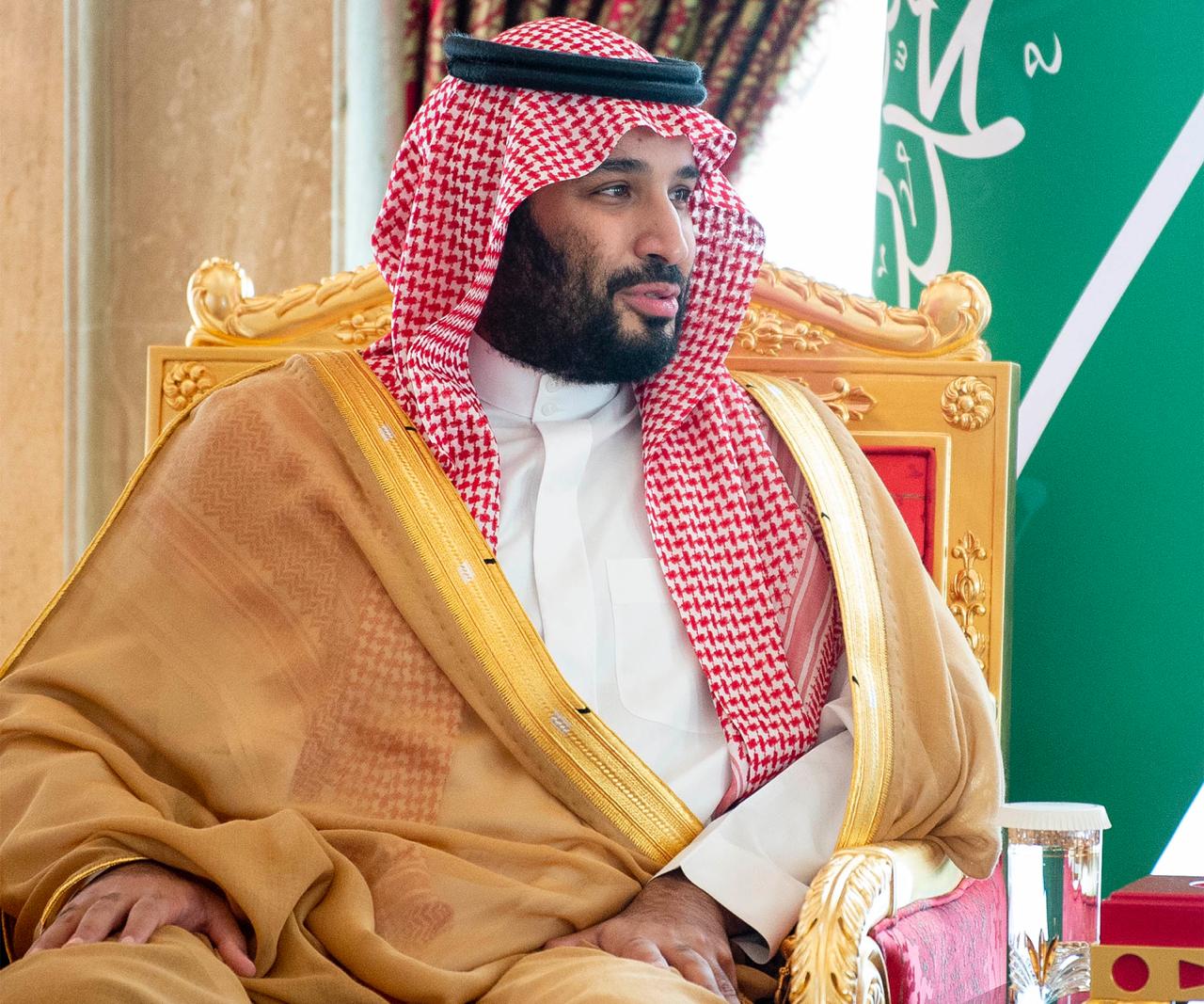Libya’s eastern parliament condemns deal with Turkey
CAIRO: Libya’s eastern parliament denounced Thursday a maritime and security cooperation deal between the Tripoli-based UN-backed government and Turkey as a “flagrant breach” of the country’s security and sovereignty.
This parliament is allied with the self-styled Libyan National Army, which launched an offensive under the command of Gen. Khalifa Haftar in April to capture the capital from the Government of National Accord led by Fayez Sarraj.
Since 2015, Libya has been divided between two competing governments, in the east based in Benghazi and in the west in Tripoli. While the LNA and the eastern government enjoy the support of France, Russia and key Arab countries, the Tripoli-based government is backed by Italy, Turkey and Qatar.
Turkish President Recep Tayyip Erdogan’s office said Thursday that the Turkish leader and Sarraj, reached an agreement on the delineation of maritime boundaries in the Mediterranean Sea while in Istanbul the previous day. The two leaders also signed a security and military cooperation agreement. Erdogan’s office did not provide additional details.
The eastern parliament’s Foreign and International Cooperation Committee issued a statement Thursday saying the deal amounts to a “defense pact” and grants the Turkish government the right to use Libyan airspace and waters as well as build military bases on Libyan soil.
The agreement “does not only threaten the Libyan national security but also threatens the Arab national security and peace in the Mediterranean Sea,” read the statement.
Separately, the Libyan national oil company said Thursday that it resumed operations at the El-Fil oil field, following an earlier suspension due to fighting between armed factions.
The company’s chairman, Mustafa Sanalla, declared Wednesday that operations were halted after clashes had erupted and militants allied with the UN-supported government had attacked guards protecting the field.
The facility, which pumps out 75,000 barrels a day was slightly damaged by the clashes and none of the workers were wounded, read a statement posted on the company’s official Facebook page.
“I remind all parties that oil and gas fields are the main source of revenues in Libya and safeguarding them will benefit all Libyans. Hence, they should not be dealt with as military targets,” said Sanalla.

Clashes near Libya’s El-Feel oilfield, no damage reportedLibyan officials say US drone shot down by mistake









